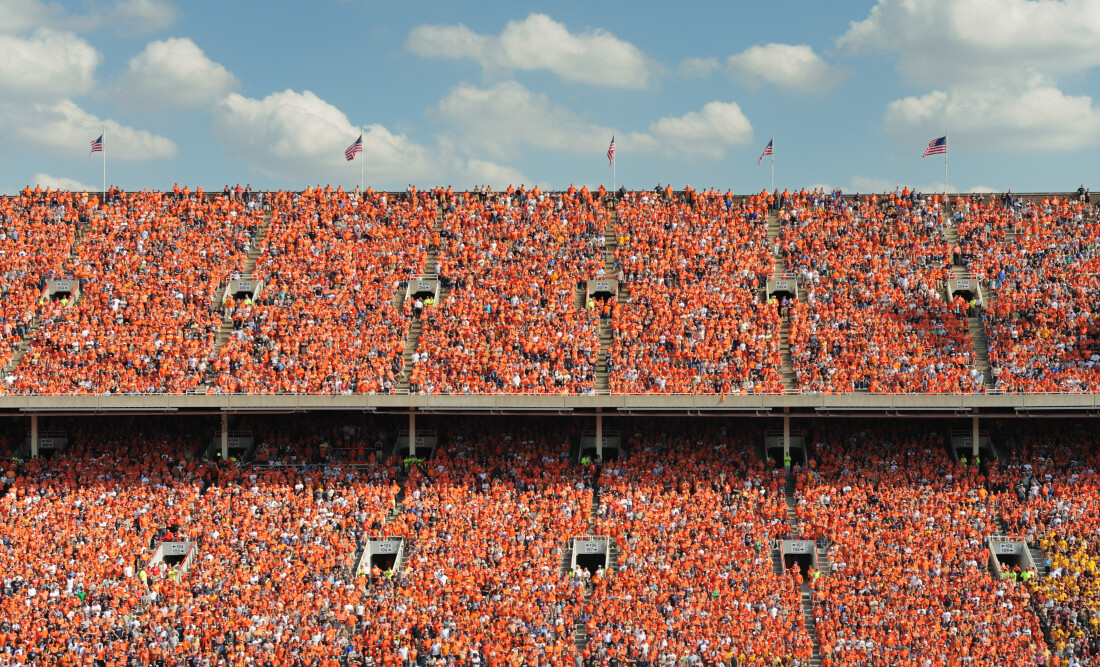
A recent Orlando Sentinel article examined how social media marketing and companies that already exist to facilitate that marketing with intercollegiate athletes will almost certainly play a role once NIL legislation takes effect in Florida. The article reports that football players at the University of Central Florida adorned the backs of their jerseys with their social media handles instead of the customary use of their last names. This was a novel and inventive idea “meant to capitalize on the issues surrounding NIL.” See https://www.orlandosentinel.com/sports/college-gridiron-365/os-sp-name-image-likeness-marketplace-20210424-zimj2c5razbl7khiewffliqjuu-story.html. Historically, the NCAA has precluded collegiate athletes from profiting off their NIL’s. However, in the wake of the NIL legislation being passed in Florida, among other states, the NCAA has had to take a new look at its position on the subject. In reviewing the legislation proposed and/or passed by the various states, the NCAA developed its own regulations, hoping that federal legislation would be enacted and thus control the methods by which collegiate athletes could profit therefrom. Federal legislation on the subject, however, has not yet come to fruition. Now, companies like MOGL, which pairs athletes with marketing and business opportunities, and Opendorse[1], which helps athletes build and monetize social media brands, are looking to ‘strike while the iron is hot.’ Opendorse allows student athletes to upload photos and videos from games and practices to their social media accounts to grow their social media presence, which can then be linked to their bank account – the more followers an athlete has, the more NIL earnings they should have. Companies like MOGL and Opendorse, recognize that they have an inherent duty to protect their investments, and therefore, are working with student athletes, educational institutions and brands to ensure compliance at all levels.
Of course, most college-aged young adults, including athletes, already have a social media presence. In the case of well-known intercollegiate athletes, their social media followings can be significant. Thus, the foundation is already in place for sponsors and advertisers to use intercollegiate athletes’ social media followings to promote their products and services to a large market. Beginning in July in Florida, at least, intercollegiate athletes will be able to negotiate compensation with these sponsors and advertisers.
Advertisers and sponsors who already have a social media presence will have a leg up in working with intercollegiate athletes to promote products and services. NIL legislation provides those advertisers and sponsors with another medium by which to advertise, perhaps with a spokesperson who already brings a large audience to the table. Undoubtedly, social media will be a major player when NIL legislation takes effect in Florida.
But what about companies that want to work with athletes in more traditional media like local television, radio and publications? Certainly, those opportunities exist as well. Local businesses, particularly those that cater to college students, will almost certainly jump on the intercollegiate athlete advertising train.
The time for sponsors, advertisers, athletes and universities to begin thinking about how to handle NIL contracts and ensure compliance throughout the NIL marketing/branding process is now. No matter the medium the sponsor chooses, sponsors, athletes and universities all need to dot the i’s and cross the t’s before promoting their products and services with an intercollegiate athlete.
In an article from last year on this subject, we explored the considerations that each party will need to evaluate in negotiating and reviewing these NIL compensation contracts. To read that article, please click here. The risks of not complying with the legislation proffered by the state in which the athlete and associated educational institution are situated, are significant and could have several consequences, including monetary fines, inability to participate in NIL programs and potential consequences from the NCAA. Compliance is key, and Segal McCambridge’s Fort Lauderdale office is prepared to assist sponsors, universities and athletes in their review and negotiation of NIL contracts. Please contact Cameron Turner (cturner@smsm.com) or Ian Singer (isinger@smsm.com) with any questions you might have.
[1] Over 100 university athletic departments across the country currently use Opendorse.

